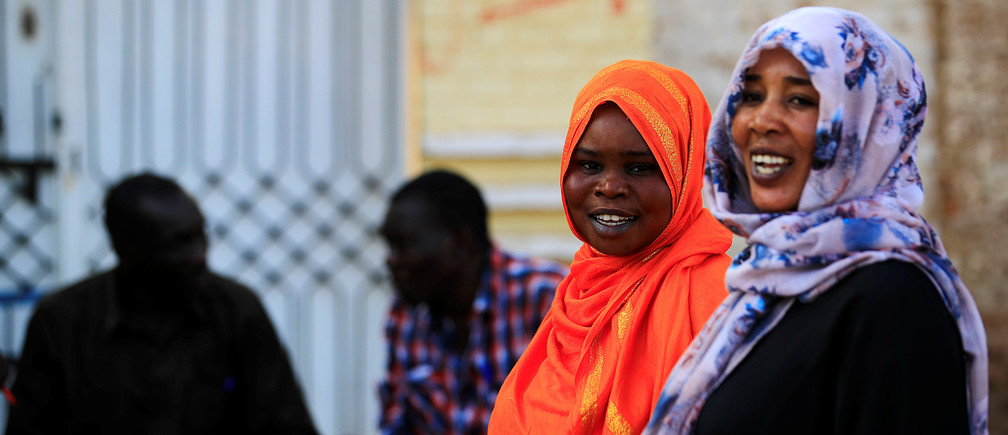The 2019 Global Gender Summit due in Kigali next month is expected to devise comprehensive strategies to bridge the $42 billion financing gap facing women in Africa, organisers have said.
That is the evaluation of the gap between men and women in terms of access to finance, according to Vanessa Moungar, Director for Gender, Women and Civil Society at African Development Bank (AfDB).
They were speaking on Friday during a press conference held in Kigali ahead of the summit that will take place from November 25 to November 27, 2019, at Kigali Convention Centre.
The main objective of the summit – expected to attract more than 800 participants including Heads of State, First Ladies, and Heads of Governments – is to share best practices and catalyze investments to accelerate progress on gender equality and women’s empowerment in Africa and around the world.
It is co-hosted by the AfDB and the Republic of Rwanda, and it is the first time it is going to take place in Africa.
According to Enterprise Finance Gap Database of 2016 by International Finance Corporation (IFC), of the total financing gap for women in Africa, an estimated $15.6 billion is in agriculture.
Moungar said that access to funding is a challenge for entrepreneurship growth across the continent for everyone, men and women; but it’s even harder for a woman.
“We will be launching a number of initiatives to dramatically transform the landscape of access to finance in Africa and to unlock the $42 billion financing gap women are facing here,” Moungar observed.
The problem
First of all, she said, women are perceived as riskier because they often do not have collateral; secondly, they are operating in the informal sector whereby they might be doing really well economically, but do not necessarily have a business and financial arguments to respond to commercial banks’ requirements.
And finally, she indicated, there are many countries where they still have a lot of legal constraints associated with land rights, inheritance rights, which means that women do not own anything.

Rwanda’s gender progress
Amb. Soline Nyirahabimana, the Minister for Gender and Family Promotion said that Rwanda will share its experience and stories, but also learn from other participating countries in a bid to spur gender equality.
25 years ago, immediately after the Genocide against Tutsi, she said, Rwanda started by abolishing all discriminatory laws against women.
She cited the law on inheritance: “Where we used to have for centuries, assets, property passing from father to son,” and the law related to land that used to belong to men.
Now we are glad and happy to say that we have inheritance from parents to children of both genders,” she said, adding that both men and women are enjoying rights on access to, management of land.
“We are happy to say that about 38 percent of women who requested loans in 2018 after the law granting them access to land was enacted [in 2013], used the land as collateral,” she said.
Moungar said that Rwanda has a very strong track record when it comes to gender equality, and empowering its women, adding that it deserved to receive the Global Gender Summit.
“And we believe it was the best place to be having these conversations so that lessons could be shared with other countries in Africa, and also well beyond Africa’s borders because some of the innovations, some of the reforms that took place here can actually serve as an example for the entire world,” she said.
The Summit is organized by AfDB with other multilateral development bank partners. The biennial event brings together leaders from government, development institutions, the private sector, civil society, and academia.
According to AfDB, it is the first Global Gender Summit that will be held on a large scale. The last summit was hosted by the Inter-American Development Bank in Washington DC and attracted around 200 delegates.
